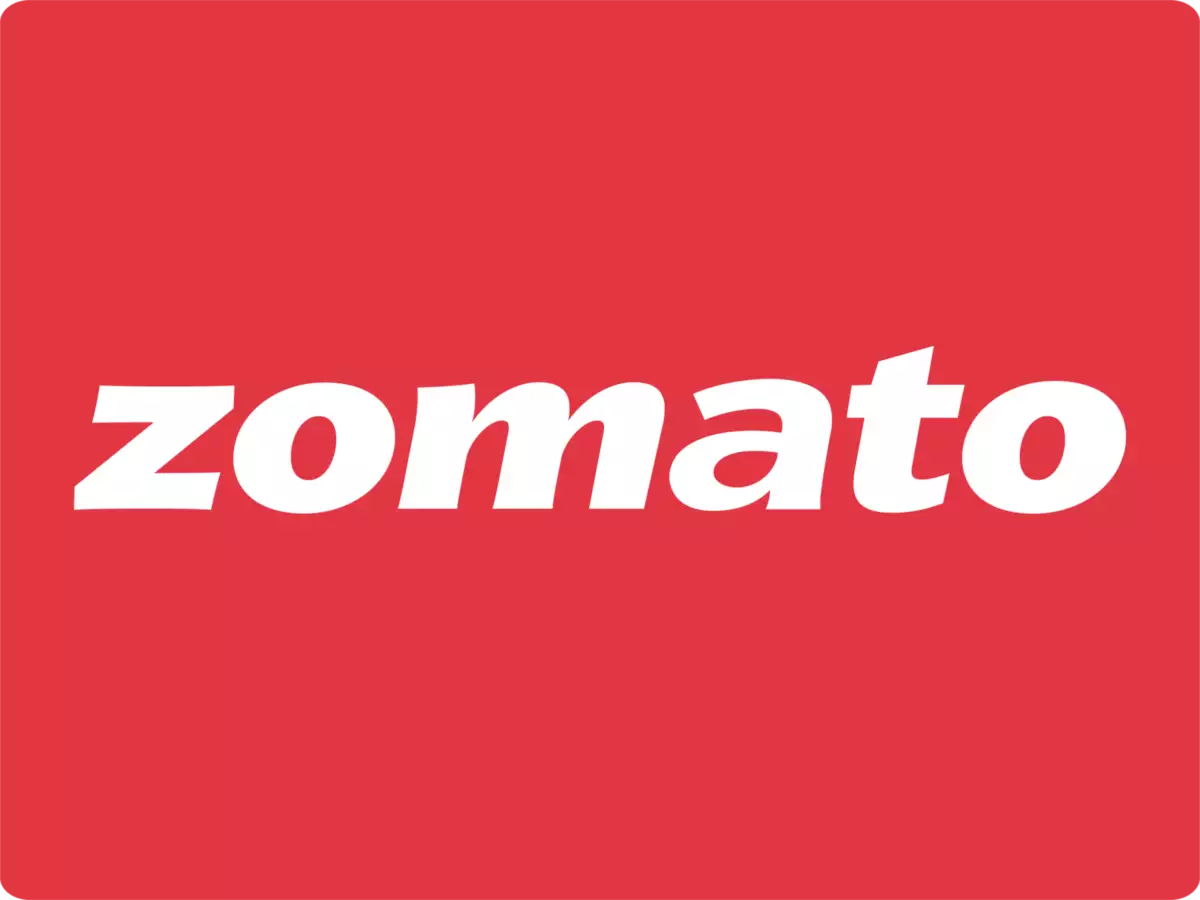The Zomato IPO Frenzy: A Promising Debut on the Stock Market
Zomato’s initial public offering (IPO) was a critical turning point for both the business and the Indian startup scene. Zomato’s shares listed at a premium during the IPO, which attracted intense investor interest and demonstrated high confidence in the company’s development potential. The market’s reaction was highly favorable, which was a reflection of investors’ excitement regarding the expanding meal delivery industry and Zomato’s dominant market share.
Riding High and Weathering Storms: Zomato’s Roller-Coaster Share Price Journey
Zomato’s share price rode a wave of euphoria in the early months after its IPO, hitting new highs and drawing interest from both domestic and foreign investors. However, the euphoria was followed by times of volatility, as with any dynamic market. Zomato’s stock price fluctuated, which was a result of general market trends, industry dynamics, and company-specific changes.
Factors Influencing Zomato’s Share Price Volatility
Market Attitude: The share price of Zomato is significantly influenced by both domestic and international market attitudes. Significant price changes can be triggered by changes in macroeconomic variables, geopolitical situations, and investor emotion.
Zomato competes in a sector that is rife with competition. Share price variations can be impacted by changes in market share, competitive strategy, and shifts in customer preferences.
Regulatory Environment: Zomato’s business operations and, consequently, its share price, may be impacted by government rules and policies relating to e-commerce and food delivery.
Financial Performance: Investors and analysts pay particular attention to Zomato’s quarterly financial performance, sales growth, profitability, and expansion plans. Share price changes can be influenced by either positive or negative shocks in financial performance.
Innovation in technology: The capacity of the business to


